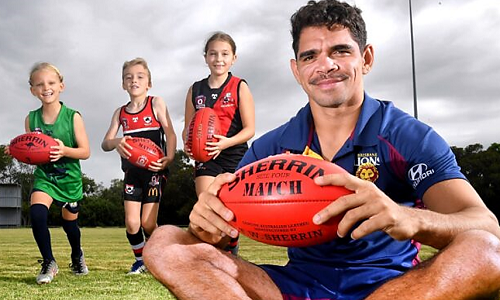The benefits of student sports include getting exercise, learning teamwork, developing discipline, and building friendships. But one of the drawbacks is that, especially in contact sports, young people are at risk for hearing loss.
Unfortunately, this is not something that is top of mind for many athletes and coaches.
In football, for example, there is the possibility of head injury when they’re tackling, when they get hit, and when they fall on the ground, and if they fall very hard on their side, they could get a temporal bone fracture or other damage to inner ear structures that could affect hearing.
Contact sports such as soccer and hockey unsurprisingly pose similar risks, but many other sports can also leave students with injuries affecting the ears and head. Fast-moving balls in tennis and baseball as well as errant equipment like rackets and bats can hit students and affect their hearing.
Most hearing care professionals encounter patients with hearing loss from sports injuries because they have had direct ear trauma that ruptured the tympanic membrane or damaged the ossicles in the middle ear. Other patients may come to an audiologist after suffering a traumatic brain injury or concussion that had an adverse impact on the auditory pathways in the brain.
With any concussion, a hearing loss should be ruled out. If a young person experiences any hearing difficulties, tinnitus, vertigo, or dizziness after a collision while playing sports, they should immediately see a physician, and follow up with a hearing care professional for further testing. However, people without noticeable symptoms might not realise they need such medical attention.
Auditory problems may not appear immediately after an accident. They might appear days, weeks, or even months later.
Hearing care professionals know how important all of this is. Unfortunately, not everyone is as aware of athletes’ increased risk of hearing loss and tinnitus.
While it may be unrealistic for most young people to wear hearing protection during games because they need to be able to hear their coaches, athletes and coaches should be vigilant in monitoring for signs of any hearing issues so they can be addressed as soon as possible.
To minimise cases of head injuries that may lead to hearing loss, neurosurgeons encourage players to take the following protective measures:
- Use of approved personal protective equipment, use of fitting head gear.
- During exercise, players should work on strengthening their neck and head muscles.

